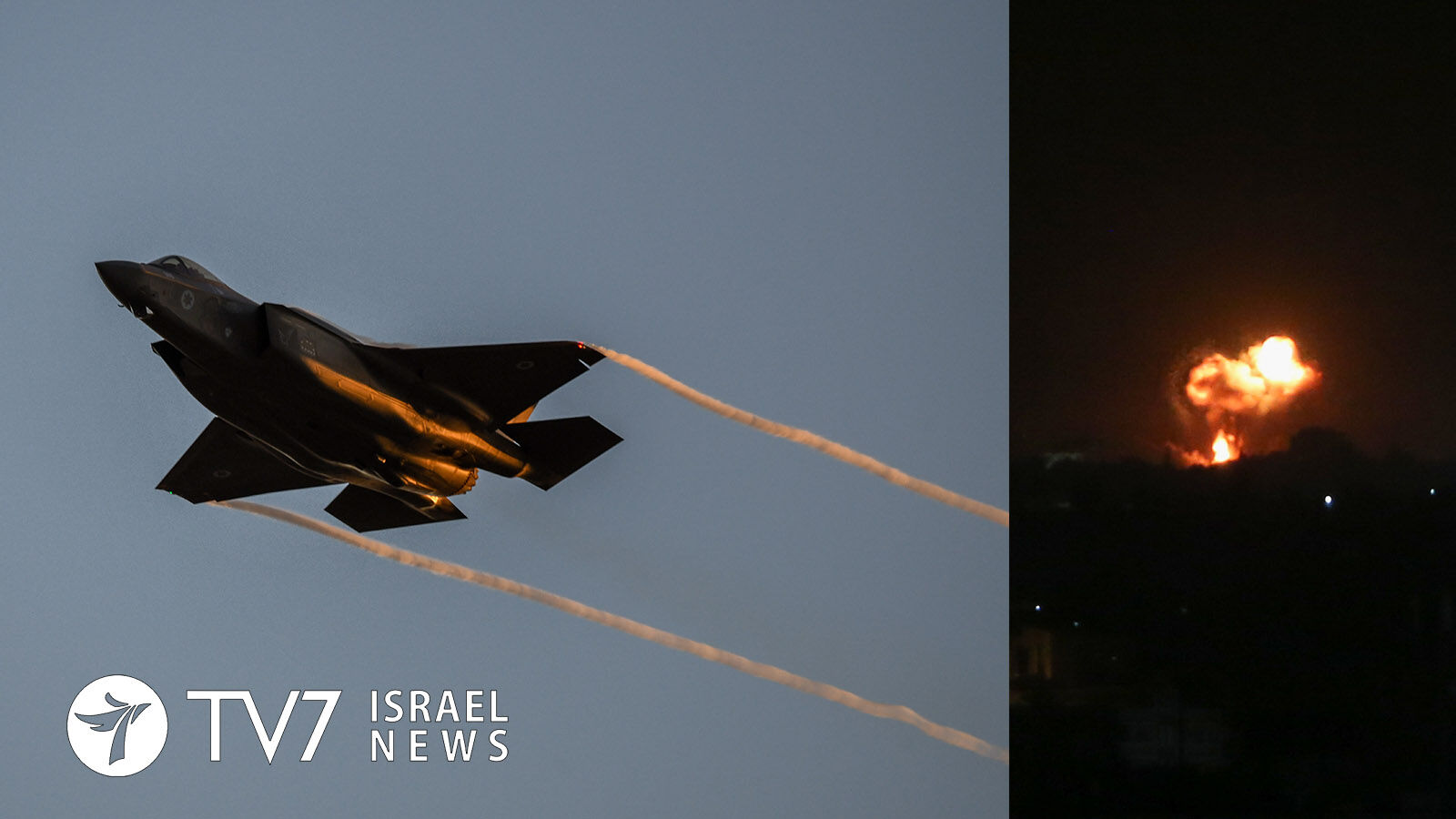Tensions remain high in and around Israel following a remarkably violent weekend that included hostilities vis-à-vis Lebanon, Gaza, Syria and the West Bank districts of Judea, Samaria and the Jordan Valley.
By Jonathan Hessen and Erin Viner
Following the indiscriminate rocket fire launched from Lebanon toward Israel’s northern communities, alongside heightened tensions surrounding Jerusalem’s Temple Mount, the Israeli Security Cabinet held an emergency meeting.
“I have made it clear that our enemies should not misjudge us,” stressed Prime Minister Benjamin Netanyahu during the session, restating that his government remains committed to maintaining the Status Quo in Jerusalem’s Old City and that “any violence at the ancient compound will be met with force as part of efforts to restore calm.”
The Israeli leader went on to declare that “regarding the aggression against us on other fronts – we will strike our enemies and they will pay the price for any act of aggression. Our enemies will discover, again, that at moments of truth, the citizens of Israel stand united and unified, and back the actions of the Israeli army and the other security services to defend our country and our people.”
Underscoring that ongoing opposition to his government’s judicial reform has not shaken national unity, he added, “the internal debate in Israel will not prevent us from taking action against them wherever and whenever necessary. All of us, without exception, are united on this.”
While the Security Council was still in session just before midnight on Friday, IDF fighter jets began targeting Hamas installations in the Gaza Strip. Retaliatory bombardment endured until the early hours of Saturday morning, destroying 10 separate prime targets including two terror tunnels and two weapon manufacturing sites.
In tandem, Palestinian terror groups including the Islamist Hamas and the Iranian-proxy Palestinian Islamic Jihad (PIJ) launched dozens of SA-16 shoulder-propelled surface-to-air missiles toward the operating Israeli aircraft. They also fired more than 40 rockets at southern Israeli communities – forcing residents of Ashkelon, Sderot and the Gaza Periphery areas to spend much of the night in bomb shelters.
It is important to note that over half the incoming rockets were successfully intercepted by Israel’s aerial defense array, while the remainder exploded in uninhabited areas. There were no reported injuries, although one residential structure sustained relatively minor damage after debris of an intercepted projectile fell on its roof.
The Israeli Security Cabinet concluded at just after 1 AM having agreed to implementation of a series of measures based on recommendations of the IDF and security services.
Israeli Air Force fighter jets subsequently launched further strikes about 4 AM on Hamas installations at the Palestinian Rachidiyeh refugee camp, south of Tyre in southern Lebanon. IDF Spokesman Rear Admiral Daniel Hagari later confirmed that three Hamas sites in the area used to fire rockets at Israel were targeted, stressing that the terror group was responsible for missile attacks from both Lebanon and Gaza.
It is important to note that while senior IDF officials, in conversations with TV7, have classified the operational efforts by the Islamist Hamas to target Israel from Gaza and Lebanon “a clear operational failure.”
In related developments, three rockets were fired from Syria toward Israel’s northern communities just after 10 PM on Saturday. One projectile exploded in an uninhabited area within Israeli territory, while another struck an open area in the Hashemite Kingdom of Jordan and the third exploded in Syrian territory. No injuries or damage were reported.
Three more rockets were launched from Syria about 4 hours later – two of which landed in uninhabited areas, while the third projectile, which had a trajectory toward a populated area, was successfully intercepted by Israel’s aerial defense array.
The Al-Quds Brigades, a known Palestinian militia that operates in Syria, claimed responsibility for both rocket barrages.
In a two-wave retaliatory response, an IDF unmanned aerial strike vehicle initially targeted the area from which the rockets were launched toward Israel. A short time later, IDF fighter jets struck additional targets in Syrian territory, including a military compound of the Fourth Division of the Syrian Armed Forces, as well as radar systems and artillery posts.
At a press conference last night, Israeli Prime Minister Netanyahu vowed that his government will restore deterrence vis-à-vis Israel’s enemies.
While the IDF did not cite any strikes against Iranian infrastructure in either Syria or Lebanon, Prime Minister Netanyahu noted that ‘additional activities’ – including strikes against Iranian targets were conducted. He further noted that 50 tons of explosives were dropped on Hamas infrastructure in Gaza by the IDF, which also carried out widescale counter-terror operations against terror elements throughout Judea, Samaria and the Jordan Valley. All of these operations were launched as part of Jerusalem’s unrelenting efforts to ensure security to Israel’s citizens – while sending a clear message to its adversaries about the consequences of future attacks.
